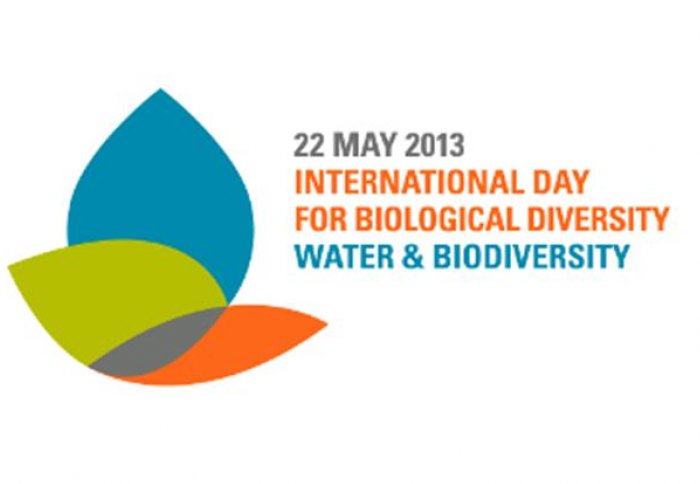International Day for Biological Diversity: projects at Imperial
by Mike Jones

The 2013 UN International Day of Biological Diversity explores the theme of water and biodiversity.
This year, the International Day of Biological Diversity coincides with the UN’s International Year of Water Cooperation. Here we take a look through some of the research being undertaken across the College around these important themes.
 Declining species populations, reduced access to clean water and deforestation are among key issues that drive research. Work at Imperial ranges from measuring the impact of climate change on the environment, to understanding how people can change their behaviour to help preserve ecosystems.
Declining species populations, reduced access to clean water and deforestation are among key issues that drive research. Work at Imperial ranges from measuring the impact of climate change on the environment, to understanding how people can change their behaviour to help preserve ecosystems.
Knowing is only half the battle, though. Acting to ensure that future generations can experience the natural environment and that species are protected from extinction is a much harder task, but we are working on it.
By no means an exhaustive list, find out how Imperial’s researchers are:
- Working to understand how children influence their parents’ behaviours through their exposure to nature in the Seychelles;
- Using holidaymakers’ photos to track migration patterns of whalesharks;
- Finding out about new species of microorganisms and capturing rare footage of elusive sea horses;
- Discovering and protecting plants that could provide new treatments for rare diseases;
- Helping develop agricultural practices to use water more efficiently in arid or drought-affected regions.
If this has inspired you to find out more about Imperial’s research and projects around water and biodiversity, the Grantham Institute for Climate Change is hosting two events in the coming weeks around the theme.
On Wednesday 29 May, Professor Nicholas Brozovic, from the University of Illinois, will talk about how the use of groundwater in agriculture affects downstream users and protected species.
On Wednesday 12 June, Professor Colin Prentice (Life Sciences) looks at the effects of climate change on the environment.
(Main image credit: Secretariat of the Convention on Biological Diversity, 2013)
Article text (excluding photos or graphics) © Imperial College London.
Photos and graphics subject to third party copyright used with permission or © Imperial College London.
Reporter
Mike Jones
Enterprise